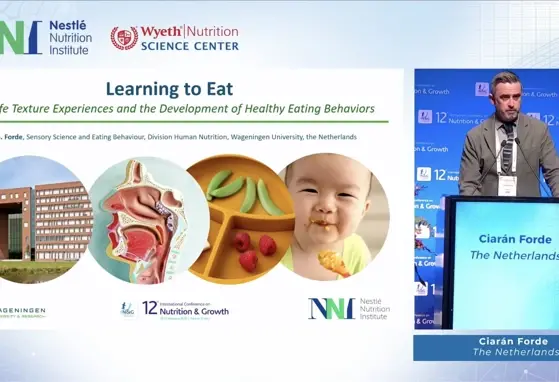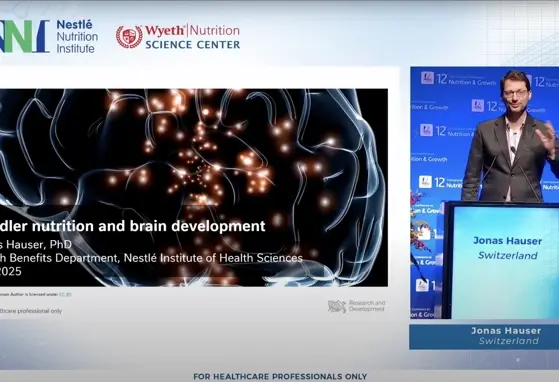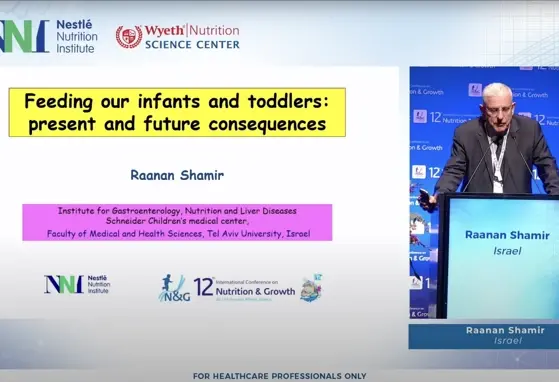Are women getting adequate nutrition during preconception and pregnancy?
In a Maternal & Child Nutrition analysis of published studies on the dietary habits of women who were trying to conceive or were pregnant, most studies indicated that women do not meet nutritional recommendations for vegetable, cereal grain, or folate intake. Pregnant women did not meet iron or calcium intake requirements in 91% and 55% of studies, respectively, and also exceeded fat intake recommendations in 55% of studies. Higher level education was associated with improved adherence to dietary guidelines in pregnant women, and older age and non-smoking status were associated with greater guideline adherence in both preconceptual and pregnant women.
The findings suggest that preconceptual and pregnant women may not be meeting the minimum requirements of a healthy diet. This could have potential negative consequences for pregnancies and the health of offspring.
"The relationship between a healthy diet and birth outcomes is well-established, yet our research suggests women may not be following the guidelines developed to help them eat well, largely because they are unaware of the guidelines in the first place," said corresponding author Cherie Caut, of Endeavour College of Natural Health, in Australia. "The community needs better information about healthy eating in order to address this issue. Promoting links between diet and healthy pregnancy and birth, and increasing support for health professionals, may help better inform women and their partners about the importance of dietary choices on pregnancy success."
Caut, C, Leach, M, Steel, A. Dietary guideline adherence during preconception and pregnancy: A systematic review. Matern Child Nutr. 2019. DOI:10.1111/mcn.12916
If you liked this post you may also like


Learning to Eat: Early life texture experience in the development of eating behaviors and dietary patterns


Feeding our infants and toddlers: present and future consequences